Rituals of Life
In Balinese culture, samsara represents the continuous cycle of birth, life, death, and rebirth. People believe that each human soul transitions from one life to another, guided by their past actions (karma). The choices made in previous or current lives shape their destiny. Samsara extends beyond humans to all living beings, including plants and animals. The ultimate goal is moksha, spiritual liberation from the cycle of samsara. Achieving moksha involves self-awareness, meditation, and detachment from worldly desires.
Balinese people prepare offerings (canang) for gods, goddesses, and malevolent spirits during various occasions. Major ceremonies include Nyepi (Day of Silence), Melasti, Galungan, Kuningan, Saraswati, and Pegarwesi.
Life cycle rituals symbolise transitions, such as hair cutting, bathing, and tooth filing. Balinese consult with priests (pedanda) to choose auspicious dates for ceremonies, considering religious and cultural aspects. Their unique calendar systems (Saka and Pawukon) play a significant role.
Elements of Balinese rituals include Tirta Suci (holy water), banten (offerings), and dupa (incense) purify the environment and bring happiness. Balinese celebrate every life stage, blending Hindu beliefs with local traditions.
Balinese culture embraces samsara as a journey of rebirth, marked by rituals and spiritual practices. It reflects the intricate interplay of religion, tradition, and time.
Click Away and Take the Visual Journey
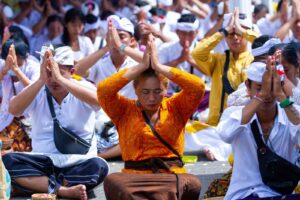
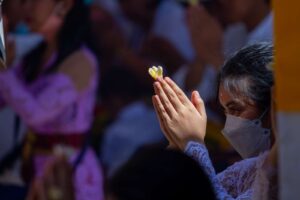
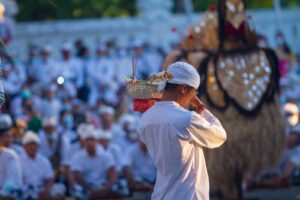
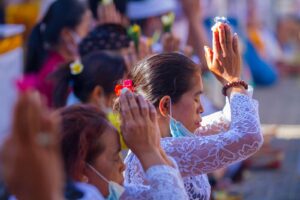
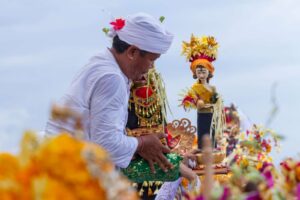
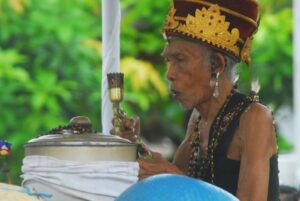
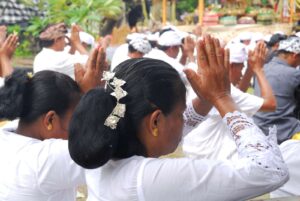
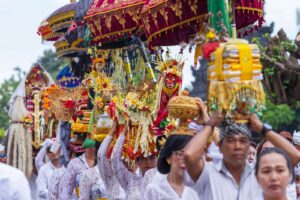
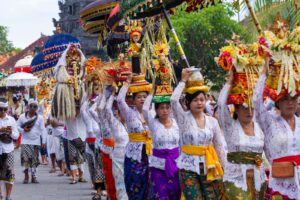
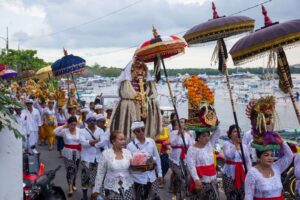
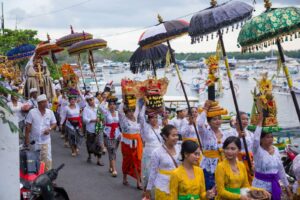
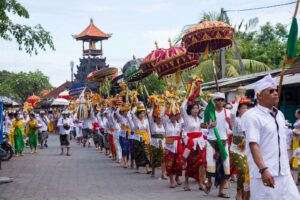
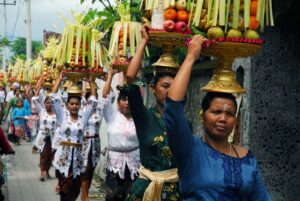
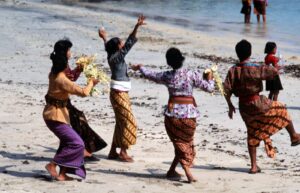
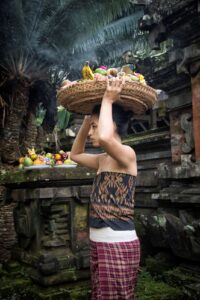
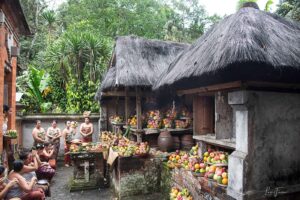
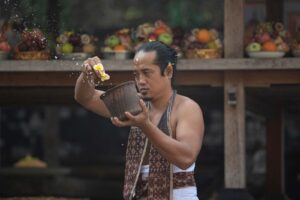
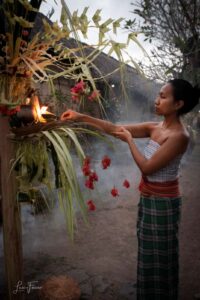
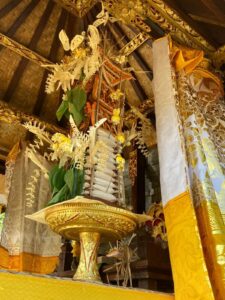
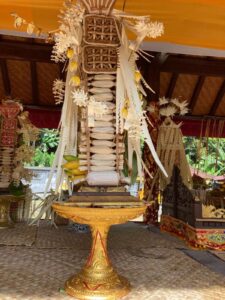
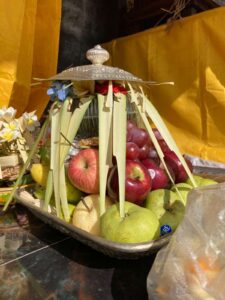
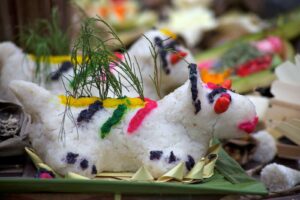

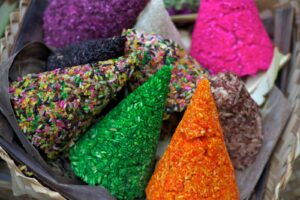
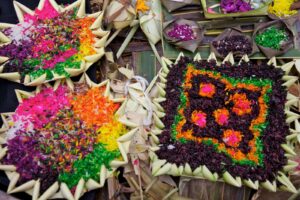
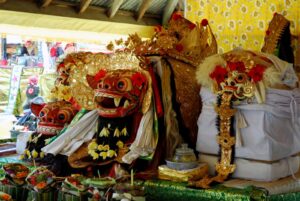
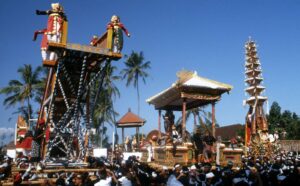
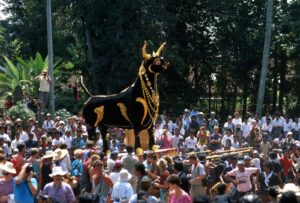
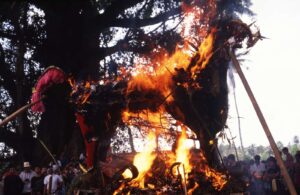

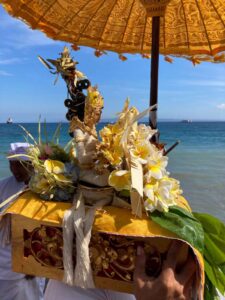
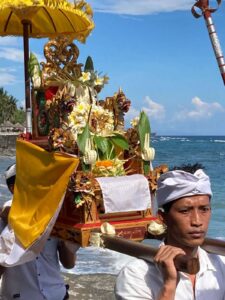
Visit Us Today
Join us at Bali Abode Museum and immerse yourself in the essence of Bali. Explore our exhibits and dive deep into a world of ancient kingdoms and vibrant traditions.
We're open WEDnesday to Sunday 9am to 6pm, except on public holidays.
Free admission. Exhibit captions are available in English and Bahasa Indonesia.
